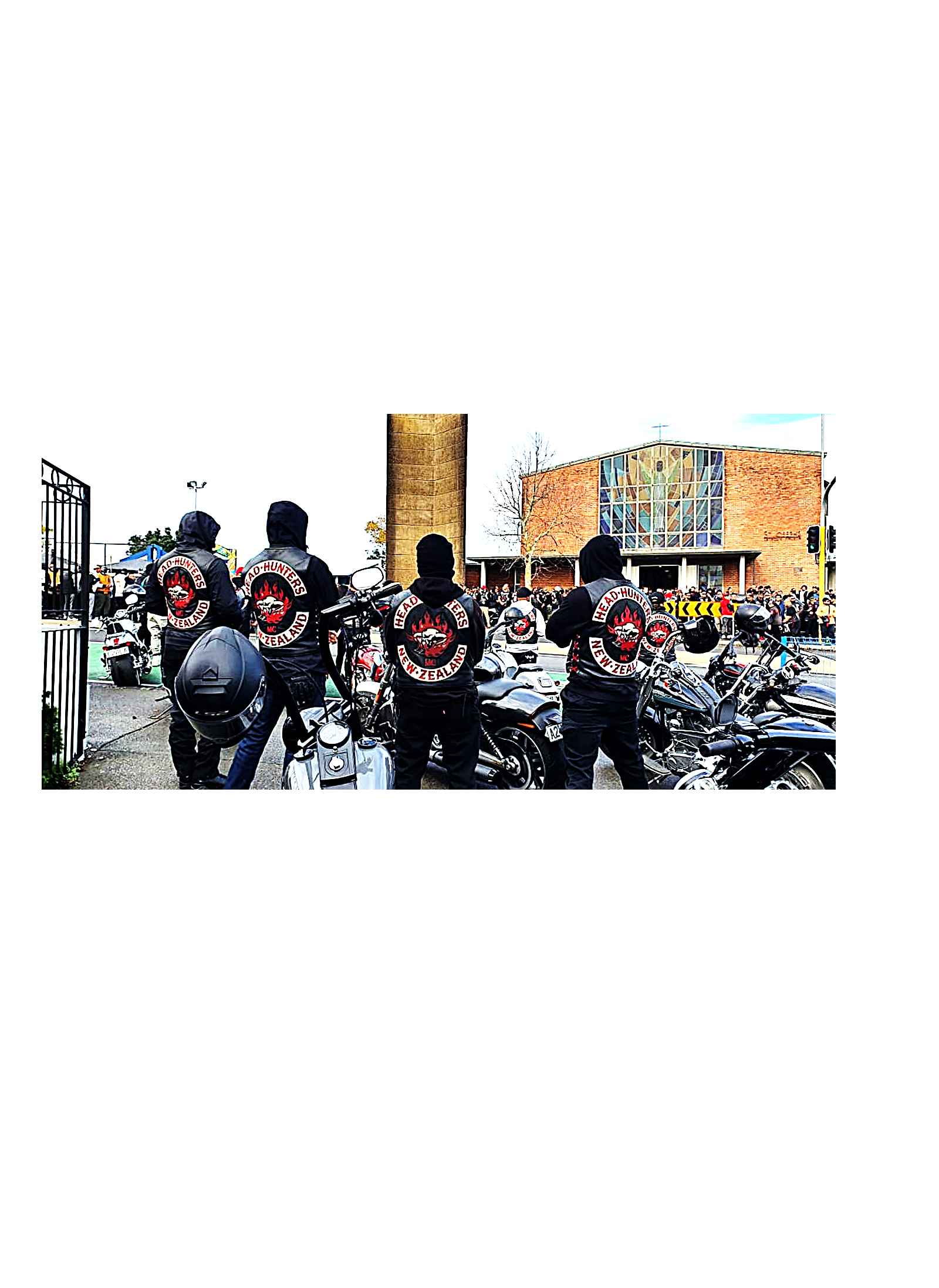In the quiet town of Ōpōtiki on the eastern edge of the North Island, proposed legislation targeting gangs is being met with scepticism and even ridicule by local gang members, prompting impassioned responses from community leaders. The new laws, set to be introduced to Parliament shortly, aim to curb gang influence by banning gang patches in public, granting special powers to police to disband gang gatherings, and allowing courts to prohibit gang members from associating with each other.
Te Owai Gemmell, Chairperson of the Ōpōtiki Māori Wardens, has expressed her disapproval of the legislation, dismissing it as a futile expenditure of time and money. She contends that gang members, rather than being deterred, are taking the measures lightly and scoffing at the proposed bans. According to Gemmell, comments from gang members include nonchalant statements like, “Go hard, you can have it if you want to wear it, put it on your head.” She criticizes the government’s approach, urging them to wake up to the realities on the ground.
Police Minister Mark Mitchell, in a media stand-up, defended the legislation, asserting that it sends a clear message that gang intimidation will no longer be tolerated. He referenced an incident in Ōpōtiki involving the tangi (funeral) of Mongrel Mob Barbarians leader Steven Taiatini, where the town was allegedly under siege for days. Mitchell contends that the new laws are necessary to address such situations and protect communities from gang influence.
However, Gemmell fears that the legislation may disproportionately target Māori individuals, potentially leading to their criminalization. She advocates for a te ao Māori approach, emphasizing collaboration with iwi (tribes) and the community to address the root causes of gang affiliation. Gemmell recalls past efforts, citing Judge Bidois’s successful initiative to divert individuals away from the court system and toward marae-based interventions.
She points out that the enforcement of these laws would place significant pressure on the already small group of police officers in her community. Gemmell criticizes the government for allocating resources ineffectively and calls for a more nuanced and community-centred strategy.
Police Commissioner Andrew Coster acknowledges that the new laws will provide additional tools for policing gangs but emphasizes the need for judgment in their application. He anticipates that the law may see frequent use initially but expects gang members to recognize the consequences of non-compliance over time. In smaller communities like Ōpōtiki, where the police may be outnumbered by gang members, Coster assures that additional support will be mobilized to reinforce local law enforcement.
Coster highlights the challenge of policing in small towns and emphasizes the importance of officers exercising sound judgment to ensure their safety. He reassures that while victories may not always be immediate, providing ongoing support for small towns is crucial to achieving long-term success.
The government’s commitment to prioritizing the issue of gangs is reiterated by Coster, who believes that these new tools and anticipated additional resources will make a significant difference in combating gang influence over the coming years. As the debate over the legislation continues, the effectiveness and community impact of these measures remain to be seen, raising questions about the delicate balance between law enforcement and community engagement in addressing gang-related issues. -TIN Bureau


